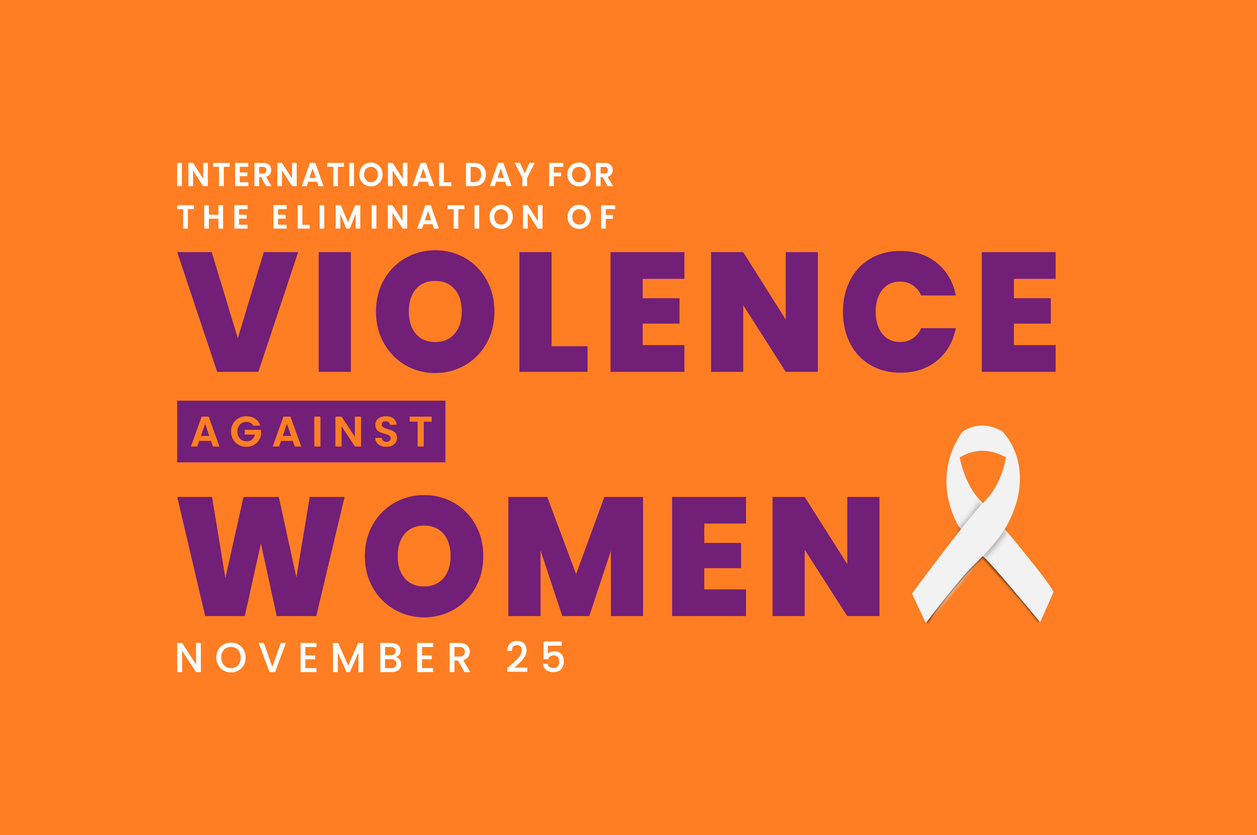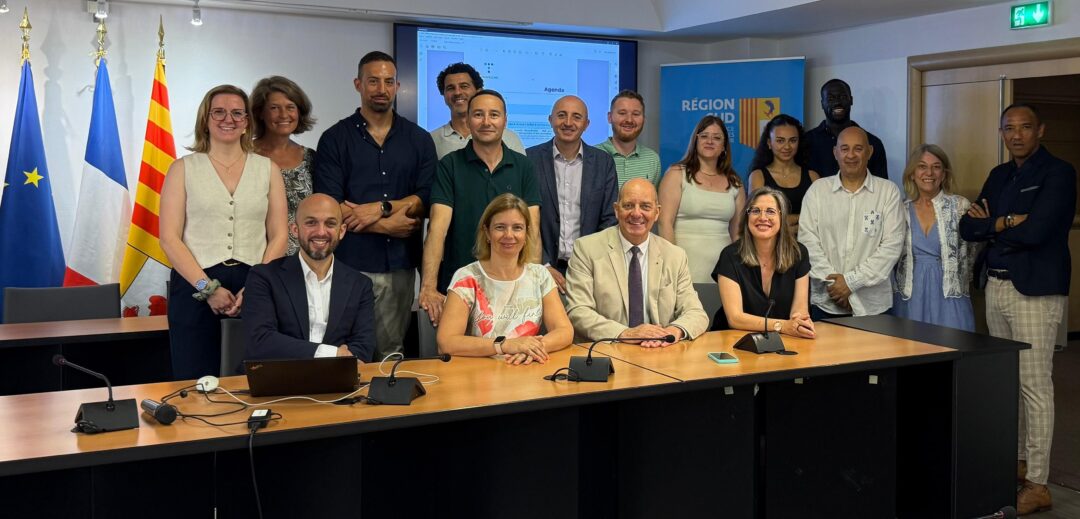25 November 2024 – Today is the United Nations’ International Day for the Elimination of Violence Against Women. Once again, the UN released appalling figures: at least 51,100 women were killed in 2023 by their partner or a family member, which means one woman killed every 10 minutes. Globally, almost 1 in 3 women have been subjected to physical and/or sexual intimate partner violence, non-partner sexual violence, or both, at least once in their life. The same goes at the European Union level. Furthermore, this violence is also rife in cyberspace: more than 1 in 2 young women worldwide are affected by cyber violence (according to EU figures).
A priority in local security policies
We at Efus believe that such widespread violence, which equally affects the public, professional and private spheres, must be tackled as a matter of priority by local security policies. Efus’ Security, Democracy and Cities Manifesto recommends that local and regional authorities be “involved in strategies against gender violence” and that their “role in the field of prevention and victim support be recognised and strongly supported by national governments as well as European and international institutions.” Our members commit in this document to “intensifying their efforts as coordinators and facilitators of prevention networks that include a multiplicity of stakeholders” and to “increasing the diversity of profiles – particularly gender – in the teams involved in the prevention of violence against women.”
Improving detection, prevention and assistance
This is why we held a session on gender-based violence during our most recent Security, Democracy and Cities conference, in March 2024 in Brussels. Participants stressed that improving the detection, prevention, and assistance for victims of gender-based violence requires collaborative partnerships among a large array of stakeholders, and that both victims and perpetrators should be engaged in preventive measures. One important aspect is the need to train all relevant actors, in particular police officers, in dealing with victims and understanding the specific nature of such violence, including the cycle of violence and various types of abuse (psychological, physical, virtual, economic, etc.). They also stressed the importance of having a diverse workforce, at all levels of hierarchy, in the police but also more widely across all public services and other actors involved in urban security. One example is the regional government of Catalonia in Spain, which is working on how to increase the number of women in the regional police force (the Mossos d’Esquadra) as part of the EU-POLNET network of European local and regional police forces.
Three decades of work
Efus has been working on the issue of gender-based violence ever since it was founded, more than 35 years ago. It sadly remains as prevalent today as it was back then, although it can be said that there is now more awareness at all levels of government and in society. We group our activities on this issue under the Women in Cities (WICI) initiative, which reflects our commitment to adopting a feminist, gender-based perspective in our work responding, as ever, to the needs of cities in our network.
We at Efus are committed to adopting a feminist, gender-based perspective in our work responding, as ever, to the needs of cities in our network.
Over the years, we have worked with our member cities on various aspects of gender-based violence, from the abuse of elderly women to human trafficking for sexual exploitation. One of the most recent projects in which we were partners was SHINE (2020-2023), which sought to create a common culture among nightlife stakeholders and give them appropriate tools to prevent sexual harassment in nightlife venues.
Inspiring local practices
The safety of nightlife for women is an issue that concerns a good number of our member cities, such as Nice and Bordeaux (France), which have both recently rolled out the Ask for Angela scheme creating a network of hospitality venues and shops that provide assistance to victims of harassment in venues or outside in the street. The city of Nice implemented a locally adapted version of this scheme through the Efus-led IcARUS project, which concluded in August.
Other examples of inspiring local actions were given in the 2023 Crime Prevention Award of the French Forum for Urban Security (FFSU), whose theme was the prevention of gender-based violence. One of the winners was the #wamitoo communication campaign on sexual violence against children in the French overseas department of Mayotte, organised by the Haki za Wanatsa association and the CIDE Océan indien collective. Another winner was the scheme implemented in the French overseas department of Martinique by the Youth Judicial Protection Services to prevent reoffending among young sexual offenders.
These are but a few examples of programmes implemented at the local level to tackle all forms of gender violence.
Looking at all issues through the gender lens
Beyond local practices that seek to directly counter manifestations of gender violence and assist victims, it is necessary and enlightening to consider all issues of crime and urban security through the lens of gender. This approach is gaining traction among policy makers throughout Europe (and beyond), and we at Efus hope it will become mainstream. Local authorities can contribute to preventing it by adopting a gender approach in all their security policies and programmes, which means looking at issues from the perspective and the lived experience of women and including them in decision-making at all levels.
One area where the gender perspective brings new ideas is public space protection. There has been a lot of work in recent years on how women and girls can feel secure or not in their city and public spaces, and how these can be adapted to their specific safety needs, for example through public lighting and urban design. The practice of exploratory walks in which women walk through the city at night and note where they feel unsafe and why is now (relatively) commonly used by urban planners and municipal officials.
Another example of the benefits of this approach is organised crime, i.e., how women can be either victims or involved in criminal activities and how it is different for them compared to men. Here, we can mention the practice developed by the city of Tilburg in the Netherlands. Called Breaking the cycle, it targets women in families where several generations of men are involved in organised crime to convince them to nudge their partners, sons and other family members away from criminal activities.
A ’whole of society’ approach
These few examples, which only partially reflect the wealth of practices to prevent gender-based violence that our member cities, and many others, are conducting, point to this idea that what’s needed is a whole of society approach. It means that everybody, everywhere, at every level of government and society include a gender approach on all aspects of urban security both in the physical and digital spaces. This appears more important than ever at a time when the ‘manosphere’ and misogyny seem on the rise, with real consequences on the safety of women and girls. We at Efus are totally committed to playing our part so that women and girls can be safe and free in our cities.
Further information
> Our podcast on gender in urban security (18 minutes) with Barbara Holtmann, Efus’ Associate Expert on gender questions and Director of the NGO Fixed Africa, and Àngels Vila Muntal, Director of the crime prevention service of the city of Barcelona (Spain)
> An interview with Barbara Holtmann on gender and urban security
> More on the Women in Cities initiative (WICI) and Efus’ activities on gender-based violence and discrimination
> The IcARUS project, which Efus led for four years until August 2024, adopted the gender approach in all its activities. The partners published a factsheet that explains this approach in a clear and concise manner, and how it can be applied to all domains of urban security.




